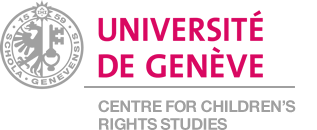Africa - Cheney, Kristen E.
Research on children and youth in Africa has played a formative role in the advancement of theories in child development, international development, and youth studies. Before the establishment of childhood studies as a distinct area of research in its own right, many Africa-focused texts if they mentioned children at all placed them in a corollary role to that of adults; child well-being was taken as a barometer of parenting or the state of a country’s development progress. With the advent of more child-centered research, much of the more recent literature developed on children, youth, and childhood in Africa centers on children as objects of and sometimes respondents to or participants in national/international development. Perhaps because Africa’s development indicators are comparatively low, scholarly work on children tends to take a development- or rights-centered approach. Popular topics focus on the hardships young Africans face: how poverty drives children into laboring, soldiering, or otherwise hazardous activity or how children suffer disproportionately from economic and political insecurity. The influence of HIV/AIDS is also ubiquitous. Because of its profound effect on every aspect of life, HIV/AIDS cross-cuts many sections in this bibliography. The literature on young people in Africa also considers the vast potential of this demographic majority of the population (nearly half of the continent’s population is under fifteen years old). Most research now focuses on child/youth agency in the face of social, economic, and political challenges, seeing young people as a resource for development sometimes by drawing on and reframing African cultural traditions.
In: Montgomery, Heather (Ed.). “Africa”. In: Oxford Bibliographies Online: Childhood Studies. New York: Oxford University Press 2012.
